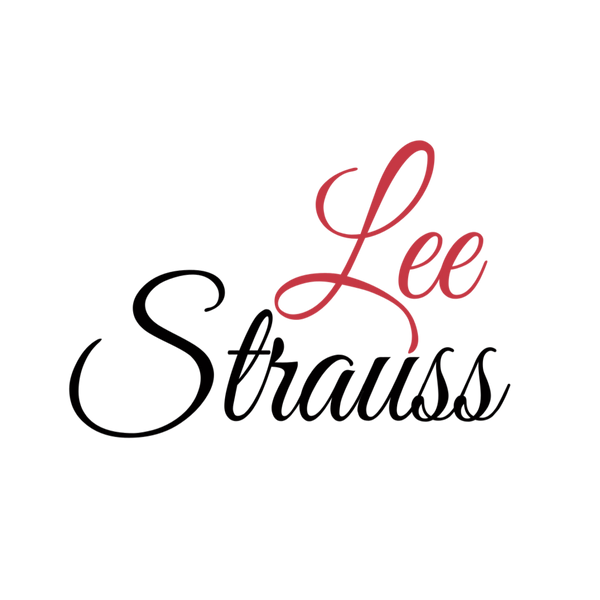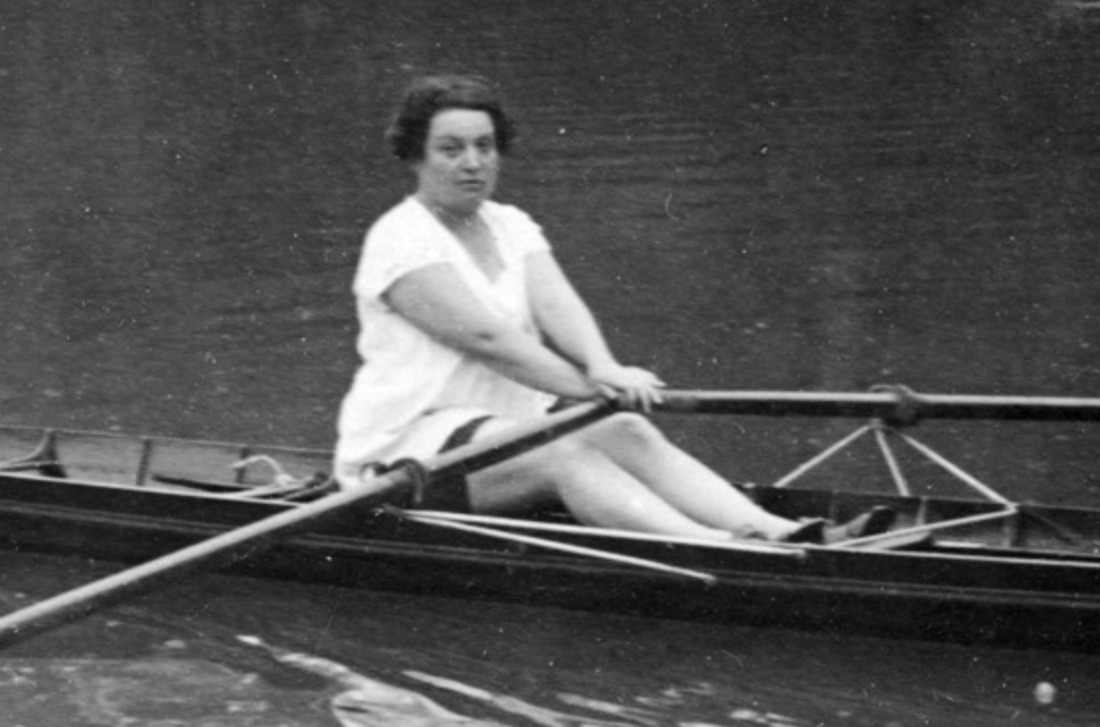Alice Milliat: A Pioneer in Women's Sports
I'm not sure why, but I hadn't heard of Alice Milliat before I started researching for Murder at the Olympics, but it turns out that female athletes both then and now, owe her quite a lot.
Mlle Milliat was clearly a consummate athlete during an age when women were expected to be thoroughly feminine and leave the sweating and physically exerting tasks to the men.
Alice, apparently, would have none of that.
Born on May 5, 1884, in Nantes, France, Alice Milliat's journey towards becoming a prominent figure in the realm of women's sports was marked by determination from an early age, displaying an innate talent and fervor for sports. She excelled in various disciplines, particularly in swimming and rowing, which at the time were amongst the few "graceful" sports deemed suitable for women, such as tennis and gymnastics.
In 1917 Milliat brazenly co-founded the Federation Sportive Féminine Internationale (FSFI), a pioneering organization dedicated to promoting women's sports on an international scale. This was in response to the glaring disparity in opportunities for female athletes compared to their male counterparts. She didn't take kindly to being excluded from track & field sports, commonly referred to at the time as athletics.
Under Milliat's visionary leadership, the FSFI organized the Women's World Games, a groundbreaking event that provided a platform for female athletes to showcase their talents and compete at the highest level. Despite facing considerable opposition and skepticism from traditionalists, Milliat remained undeterred in her mission to elevate women's sports to prominence.
The inaugural Women's World Games, held in 1922 in Paris, marked a watershed moment in the history of women's athletics. Athletes from around the globe converged to participate in a diverse range of sports, including track and field, swimming, and basketball, among others. The resounding success of the event underscored the immense potential and talent within women's sports, shattering stereotypes and paving the way for future generations of female athletes. Brilliantly, she used the yet untrademarked word "Olympics" as part of her promotional campaigning.
Milliat challenged the International Olympic Committee (IOC) to recognize and embrace the burgeoning momentum of women's athletics. Despite facing resistance and entrenched opposition, the IOC reluctantly introduced women's track and field events at the 1928 Amsterdam Olympics. Her bargaining chip was the word "Olympics" which she agreed to stop using if they complied.
Beyond her contributions to women's sports, Milliat was a staunch advocate for women's rights and empowerment in all facets of society. She recognized the transformative potential of sports as a vehicle for social change, empowering women to defy conventions and assert their rightful place on the world stage.
Unfortunately, history reports that the IOC partially reneged on their agreement with Alice Milliat, reducing the number of events for women in the 1928 Olympics from ten to five, but leaving in the one race many people, both men and women, thought should be eliminated, the 800 meter. Because of this Alice Milliat personally boycotted the games. Though underreported, the British female athletic team also boycotted in response to the 800 meter being left in women's competition. Not everyone agreed if such a race was a good thing for women's athletics or not. Interestingly, the race was one by German Lina Radke, after the Germans had been banned from competition for ten years after WW1.
Poor and inaccurate reporting of the women's 800 meter race led to the removal of the competition in the Olympic arena for several decades, an enormous setback for women's sport, until 1960.
For more information about Alice Milliat and women's sports, and women sport in the 1928 Summer Olympics, visit these websites:
https://en.wikipedia.org/wiki/Alice_Milliat
https://ehne.fr/en/encyclopedia/themes/gender-and-europe/gendered-body/women-and-olympic-games
https://gb.readly.com/magazines/womens-running/2023-01-26/63bff2520d180371b78bab18


